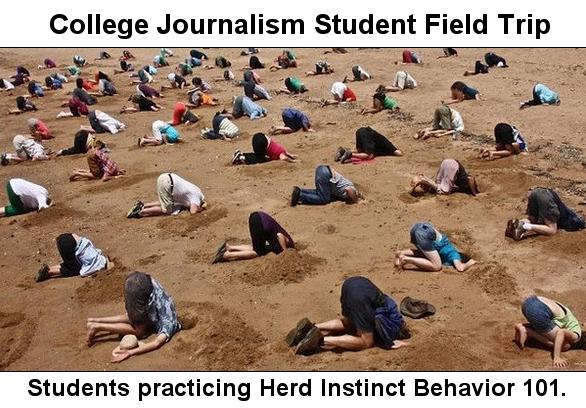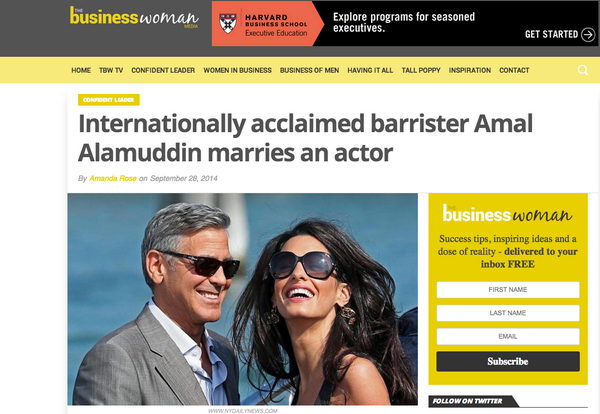t’s over, CRTC. Netflix and globalization have won
JOHN IBBITSON
Special to The Globe and Mail
Published Thursday, Sep. 25 2014
John Ibbitson is a CIGI senior fellow, an award-winning writer and leading political journalist in Canada. Currently on a one-year leave from The Globe and Mail, John is researching, writing and speaking on Canadian foreign policy at CIGI while he works on a new book.
I am listening to Szymanowski’s Second Violin Concerto and thinking about Netflix and the end of Canadian culture as I used to know it.
And not just Canada’s. Any government that seeks to protect its national culture from the forces of globalization will fail. The digital universe is too powerful.
For this country, the beginning of the end came last Friday, when a Netflix executive told the Canadian Radio-television and Telecommunications Commission that it can go to hell. Or words to that effect.
The CRTC is considering whether to fence in the American-owned video streaming service. Commission chair Jean-Pierre Blais became agitated during a hearing when a Netflix executive refused to reveal how many Canadian subscribers it had and other data.
The CRTC’s chairman was right to be upset, not simply because an American corporation displayed frank contempt for a Canadian regulatory agency (though that is a thing, isn’t it?), but because at that exact moment the CRTC ceased to have any meaning as a regulator of culture. It’ll be gone in a few years, at least in its current incarnation, and Mr. Blais knows it.
And if he doesn’t know it, he should join me in listening to this violin concerto, which is another bell tolling the CRTC’s fate.
I’d barely heard of Karol Szymanowski, an early 20th-century Polish composer, when a friend told me he is so devoted to the Second Violin Concerto that he plays it before any long journey, so that he’ll have it in his head during the trip.
That’s enough reason to give the concerto a try. And there are so many ways to do it. I could, if I were very, very old, order a compact disc from Amazon.ca, the Canadian offshoot of the American online department store. But a CD? Really?
iTunes has it of course, including the critically preferred version with Thomas Zehetmair on violin and Simon Rattle conducting the City of Birmingham Symphony Orchestra. But last week I signed up for a free trial of Spotify, which is to music streaming as Netflix is to video streaming, and which has just arrived in Canada. Spotify has a classical music category. So what do they have by Karol Szymanowski?
Multiple versions of the violin concertos, including Zehetmair and Rattle. Multiple versions of the four symphonies. Multiple versions of the Stabat Mater (another personal favourite of my friend). Two different versions of the opera, King Roger. The complete piano music and string quartets, assorted other chamber music, ballets, lieder and then I gave up scrolling.
So why do I still have a music library?
When radio and then television came along in the 1930s and 50s, the federal government created a regulator to assign frequencies to different stations, to avoid confusion. But Ottawa couldn’t leave well enough alone. To protect Canadian culture from American competition, it created a state broadcaster, and compelled private broadcasters to include Canadian content and to contribute to a fund that subsidized Canadian music and television.
But then the Americans invented the Internet, and for years now it’s been clear that Canadian cultural protectionism is over. If Mr. Blais really does try to rein in Netflix, the popular backlash will only hasten the CRTC’s demise.
And just imagine what would happen if the CRTC were to impose Can-con restrictions on YouTube. Impossible, you say? Michael Geist, using information obtained from The Globe and Mail, analyzes a similar, but less noticed, conversation between Mr. Blais and a Google executive.
Stephen Harper knows what’s at stake. What’s more, the Prime Minister detests the socialist, import-substituting anachronism of a state broadcaster, cultural subsidies, quotas and protectionThere is only so much you can do in a mandate, and dismantling the Wheat Board monopoly was a higher priority for the Tories than dismantling the CRTC, but Mr. Harper understands how important video streaming is to viewers, which is why he explicitly declared that he will permit no tax on (by which he means interference with) Netflix.
Critics fumed that such remarks undermined the integrity of the CRTC hearings. Yes, they did. Why do you think he made them?
It’s not as though many people really care any more about protecting local culture, at least outside Quebec. Even the most fervent Canadian nationalists can’t get enough of
House of Cards and
Sherlock and Ted Talks and
Orange is the New Black and
Borgen. (Don’t ask me how I watched the first two seasons of Borgen even though I don’t have cable.)
And if you proposed to anyone under 50 that Netflix and Spotify and YouTube and every other service that streams content onto smartphones and tablets should be licensed and taxed, with the money going to subsidize Canadian videos of Canadian dogs balanced on Canadian skateboards coasting down Canadian streets, dammit – well, you wouldn’t, would you?
It’s over. Globalization has won, in culture as in every other contest. Canadian cultural industries will have to compete in the marketplace along with everyone else. It’s simply a question of when the last protections are dismantled. It won’t be long.
Along with other CIGI experts, Mr. Ibbitson is contributing at www.cigionline.org/blogs, where this post was originally published.





 :nod:
:nod: 

